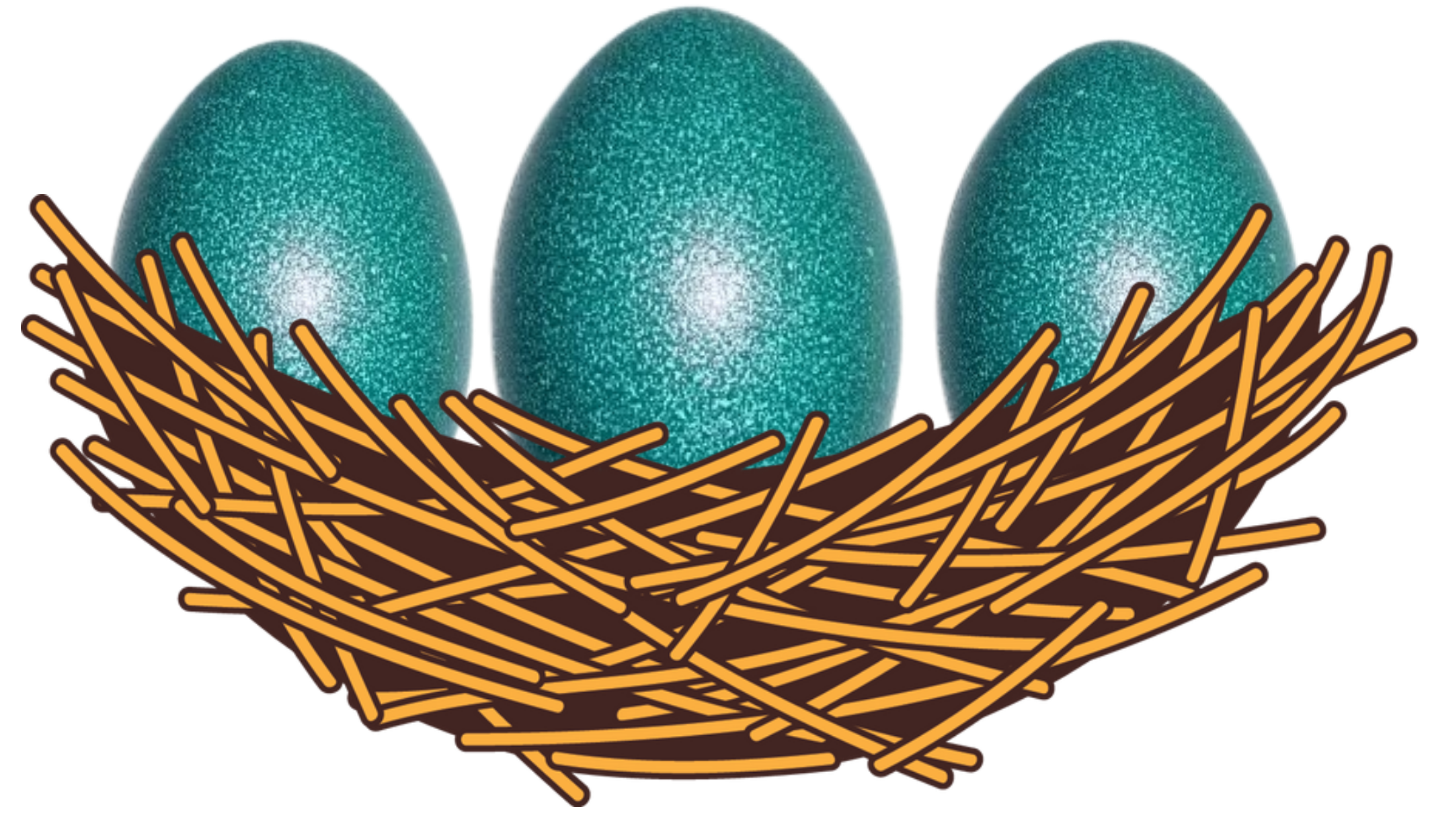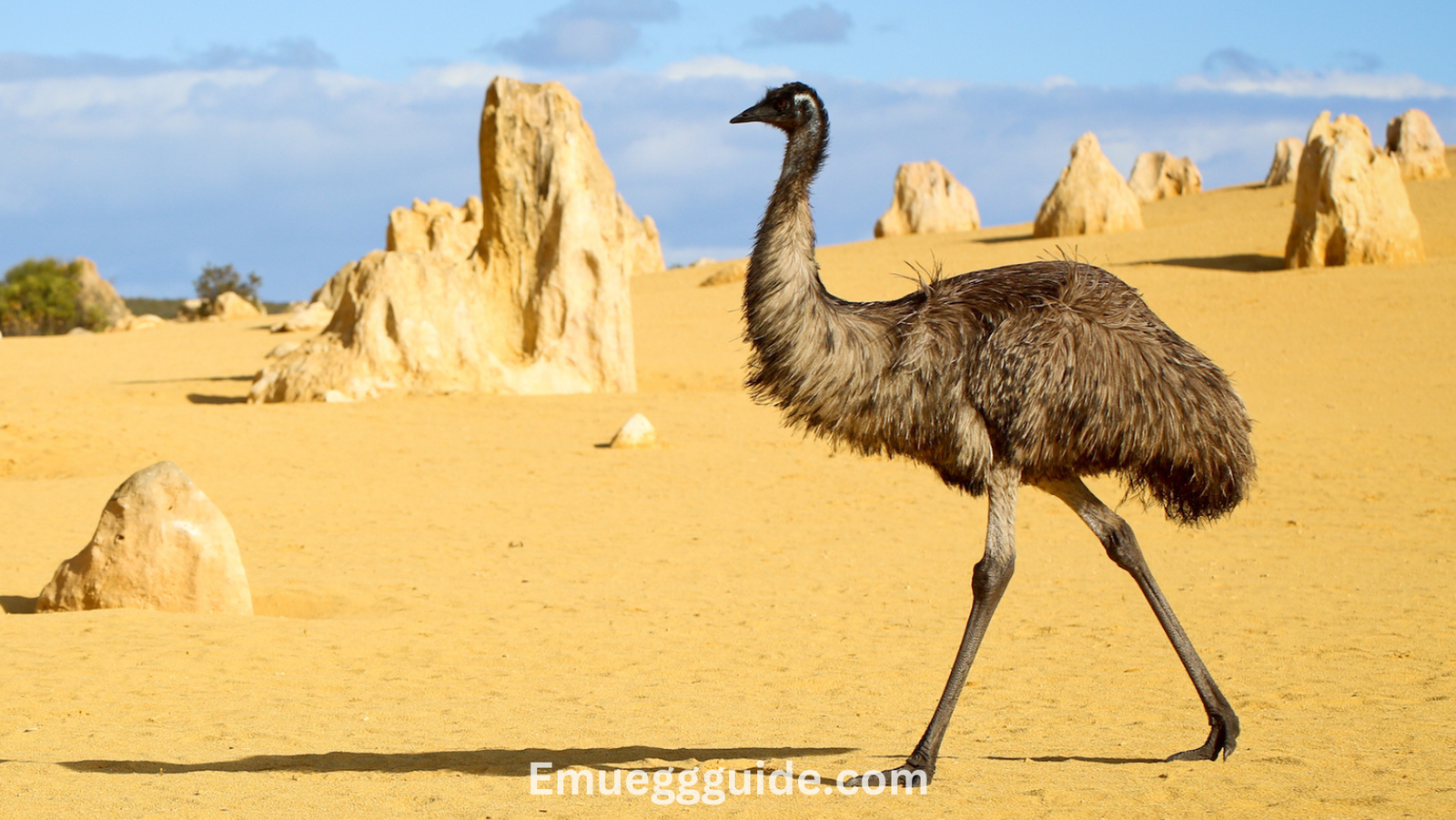Understanding Emu Egg Farming
Emu egg farming offers a unique venture of agriculture, presenting both challenges and opportunities for aspiring farmers. Emu egg farming, exploring its significance within the agricultural landscape and navigating the transition into this specialized field.
Emu Egg Farming and Its Significance in Agriculture
Emu egg farming stands within the broader spectrum of agriculture. Emus, native to Australia, are renowned for their large, dark-green eggs, commercial value. These eggs are prized not only for their size but also for their rich nutritional content and ornamental appeal.
The significance of emu egg farming lies in its potential to diversify agricultural practices and contribute to sustainable food production. Emu eggs offer a viable alternative to traditional poultry products, catering to niche markets and culinary enthusiasts seeking novel delicacies. Moreover, emu farming promotes environmental conservation by utilizing land resources efficiently and minimizing ecological footprints.
Emu Egg Farming Challenges and Opportunities
Challenges may arise in various facets of emu egg farming, including husbandry practices, disease management, and market dynamics. Emus, being exotic birds, demand specialized care and housing arrangements, posing a learning curve for novice farmers. Moreover, fluctuations in market demand and regulatory frameworks may present hurdles in establishing a sustainable and profitable emu egg enterprise.
Emu eggs command premium prices in gourmet markets, artisanal food outlets, and cosmetic industries, offering lucrative revenue streams for producers. Furthermore, the rising consumer interest in exotic and sustainable food products fosters a favorable environment for the growth of emu egg farming ventures.
Emu Egg Breeding Techniques
Breeding emus isn’t as simple as putting a couple of birds together and waiting for eggs. There are specific techniques that farmers use to encourage emus to breed and produce eggs.
One common method is to create the right environment for breeding. This might involve providing emus with the right food. Farmers also need to keep an eye on the health of their emus to make sure they’re in good condition for breeding.
Another important technique is called “pair bonding.” This is when emus are paired off with a mate to encourage them to breed. Farmers might carefully select which emus to pair together based on factors like their age and genetic background.
Artificial Breeding Methods
In recent years, advances in technology have led to the development of artificial breeding methods for emus. This means that instead of relying on natural mating, farmers can now use techniques like artificial insemination to breed emus more efficiently.
Artificial breeding methods have some big implications for emu egg farming. They can help farmers produce more eggs in a shorter amount of time, which can mean more profit. Plus, they give farmers more control over the breeding process, allowing them to select for desirable traits and improve the overall quality of their emus.
However, artificial breeding methods also come with their own challenges. And some people worry that relying too much on artificial methods could affect the health and genetic diversity of emu populations.
Emu breeding practices are an important aspect of emu egg farming. By understanding the different techniques involved and the implications of artificial breeding methods, farmers can make informed decisions to help their emu egg enterprises thrive
Emu Egg Fertilized Hatching Eggs:
Emu eggs that are fertilized and ready to hatch. We’ll explore why these eggs are important, how they’re used, and what it takes to care for them properly.
The Significance and Uses of Emu Fertilized Hatching Eggs
Fertilized emu eggs are a crucial part of the emu egg farming process. These eggs contain that, if properly incubated, will develop into baby emus. This is where the future of an emu farm begins.
Fertilized hatching eggs serve various purposes within the emu farming industry. Additionally, fertilized eggs are sought after by enthusiasts who wish to hatch their own emus or by breeders looking to expand their flock.
Beyond breeding, emu eggs have other uses too. Some people collect them for decorative purposes or use them in art projects. And because emu eggs are thick and sturdy, they can be carved or decorated in unique ways.
Handling and Caring for Emu Fertilized Eggs
Proper handling and care are essential when it comes to emu fertilized eggs. When handling emu fertilized eggs, it’s important to avoid sudden movements or changes in temperature, as these can harm the embryos inside. Farmers must also carefully monitor the eggs for signs of damage or contamination and take steps to protect them from predators and environmental hazards.
Once the eggs are collected, they need to be stored properly until they’re ready to be incubated.
Farmers also need to monitor temperature and humidity levels closely to create the optimal conditions for hatching.
In summary, emu fertilized hatching eggs play a vital role in the emu egg farming process. By understanding their importance and knowing how to handle and care for them properly, farmers can maximize their chances of successfully hatching healthy baby emus and maintaining a thriving emu farm
Emu Egg Farming Information

Now provide some essential information for those interested in starting their journey into emu egg farming. We’ll cover the basics, explore the potential income opportunities, and discuss the commercial value of various emu products.
A Beginner's Guide to Emu Farming
For beginners looking to enter the world of emu farming, it’s essential to start with the basics.
To begin, aspiring emu farmers should research and understand the specific requirements of emus in terms of housing, diet, and healthcare. Emus need ample space to roam, a balanced diet rich in nutrients, and regular veterinary care to ensure their well-being.
Emu eggs, with their high nutritional value and ornamental appeal, can fetch premium prices in niche markets and gourmet outlets.
Moreover, emu meat is lean, low in cholesterol, and gaining popularity among health-conscious consumers, offering additional revenue streams for farmers.
Beyond eggs and oil, emu farming opens doors to a range of commercial opportunities. Emu leather is prized for its durability and versatility, making it ideal for crafting high-quality boots, belts, and other leather goods.
Emu meat, often likened to beef or venison, is tender and flavorful, appealing to discerning palates and health-conscious consumers alike. It can be marketed as a premium alternative to traditional meats, commanding higher prices in specialty stores and restaurants.
In conclusion, emu egg farming presents both challenges and opportunities for aspiring farmers. By understanding the intricacies of emu breeding, implementing effective management practices, and exploring the diverse commercial avenues available, With careful planning and dedication, emu egg farming offers the potential for sustainable growth and profitability, contributing to the diversity and resilience of agricultural enterprises





